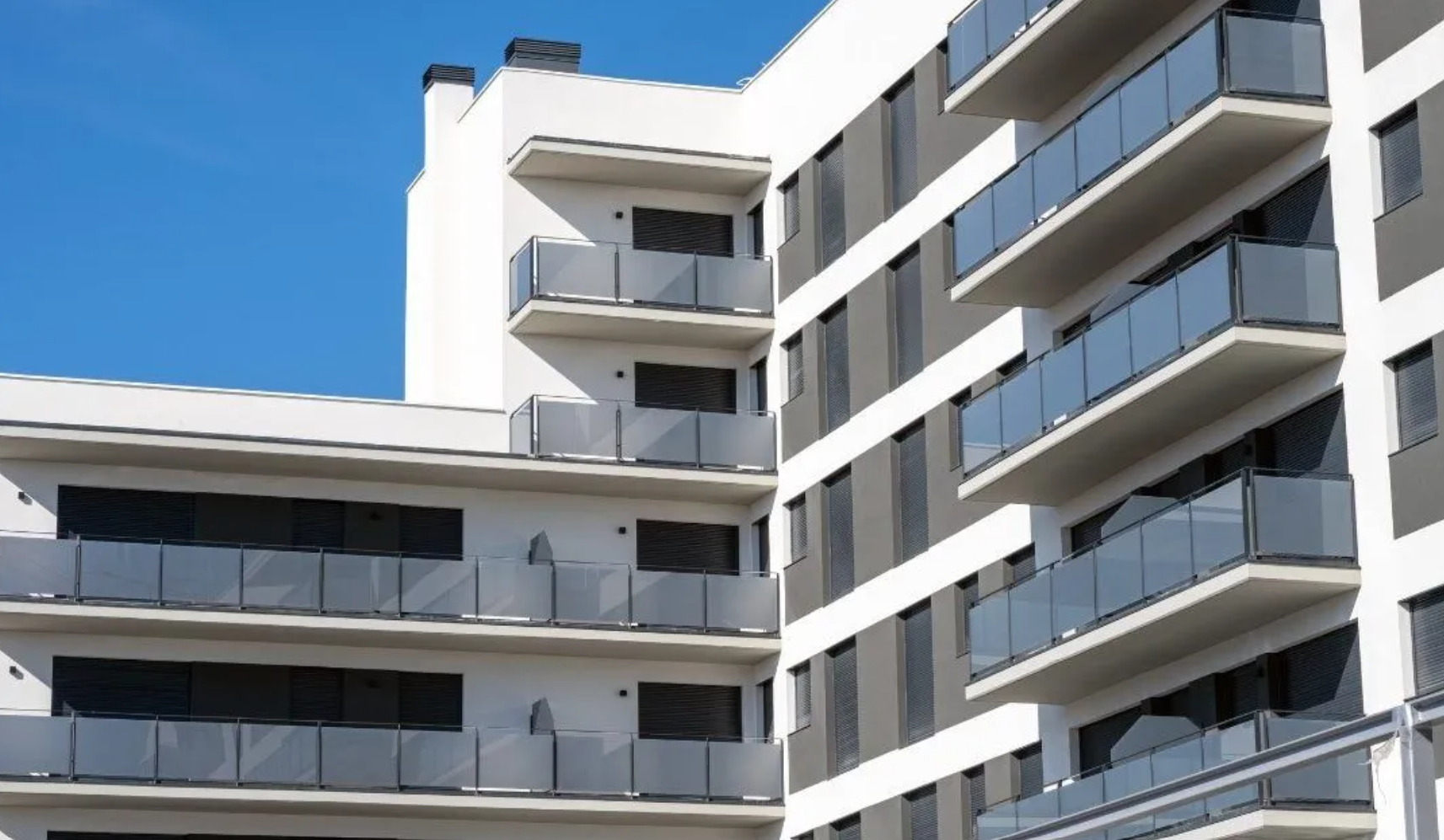Why Canada’s condo market is unraveling


After a wave of rapid expansion, Canada’s condominium market is facing a dramatic reversal, as a glut of unsold inventory and a sharp retreat by investors have triggered a sector-wide slowdown.
A report from the Canada Mortgage and Housing Corporation in June found that condominium apartment sales in Toronto have dropped 75 per cent from 2022 to the first quarter of 2025. In Vancouver, condo sales have dropped 37 per cent for the same period, according to the report.
Condos built to invest in – not to live in
Meanwhile, a report from data firm CoStar Group found that Canada’s inventory of condos has risen 400 per cent over the last three years. Carl Gomez, CoStar’s chief economist and author of the report, told Real Estate Magazine that much of the inventory is smaller units that were primarily built for investors.
“Those condo units aren’t designed for people to live in,” Gomez said. “They’re basically more of a hedge, get an investor in.”
However, investors have now fled both the Toronto and Vancouver markets due to higher interest rates than during the pandemic, which have now made units unaffordable. Gomez said either prices will have to come down or units will have to be made bigger in order to start moving the inventory, a pivot that won’t be an easy pill for developers to swallow as both will eat into their profits.
It may be necessary, though, given they are currently bleeding capital, according to Gomez. CMHC’s report found that investors face as much as a six per cent capital loss on pre-construction purchases concluded in 2024 in Toronto, and project cancellations have gone up five times in the city since 2022. In Vancouver, cancellations have gone up 10 times in the same time frame, according to the report.
Risk was overlooked, says Toronto Realtor
Toronto real estate agent Christopher Bibby told REM that the condo market really began to unravel in 2022, after interest rates went up.
“The writing’s on the wall now,” he said. “Prices have started to come down.”
CMHC’s report says prices have gone down 13.4 per cent in Toronto between 2022 and the first quarter of 2025, and 2.7 per cent in Vancouver. Bibby said the price erosion over the past two months has been the fastest and steepest he’s ever seen in the more than 20 years he’s been in the business, but it has been a stimulus for transactions to start finalizing after being stuck.
Bibby said that when interest rates were low, pre-construction prices were more than the resale value because there was a belief that prices would keep going up, which turned out not to be true. Add to that inflation, which has raised the cost of materials, as well as higher development fees and the inability to raise rents to meet higher costs, and condos are not as profitable a business as they once were.
Bibby felt back in 2021 that the market had hit its peak, but he said sellers didn’t want to believe that prices would eventually come down. At the time he felt it was a risky business venture, and he is not surprised about the current situation.
“People weren’t assessing what they were buying,” he said. “There was this belief the market would only go one way.”
A ‘classic bubble’
In Vancouver, Realtor Steve Saretsky told REM that what led to this situation was 20 years of a bull market.
“It’s kind of like a classic bubble,” he said. “It’s just all unraveling on itself.”
When there was high demand and interest rates were low, there was a speculation frenzy, he said. Now the market is experiencing the hangover after the party, with a record number of units seeing completion at exactly the wrong time.
CMHC’s report says that a record high of 25,572 condos were completed in Toronto in 2024, while 12,442 were done in Vancouver. Toronto now has 14 times more months of inventory than it did in 2022, according to the report, and it would take 58 months to sell that current stock at the current rate of sale. That means that developers will now put a hold on new build starts, which will sow the seeds for the next crisis down the line in three to four years, when supply won’t meet demand, according to Saretsky.
He sees the current condo bust as a natural market correction, though, after about 20 years of no price correction.
“When you have 20 years of rising home prices basically every year, it creates complacency,” Saretsky said. “People think they can’t lose money in real estate. It creates malinvestment.”

Need advice from
Christopher Bibby
for your
property?

